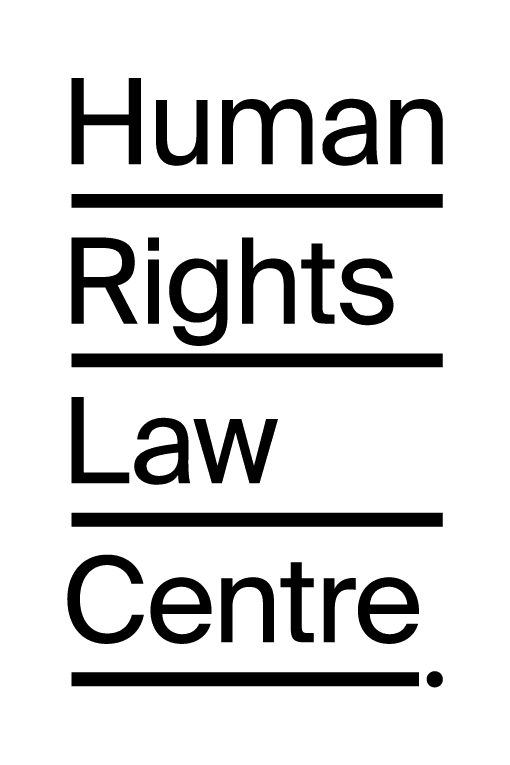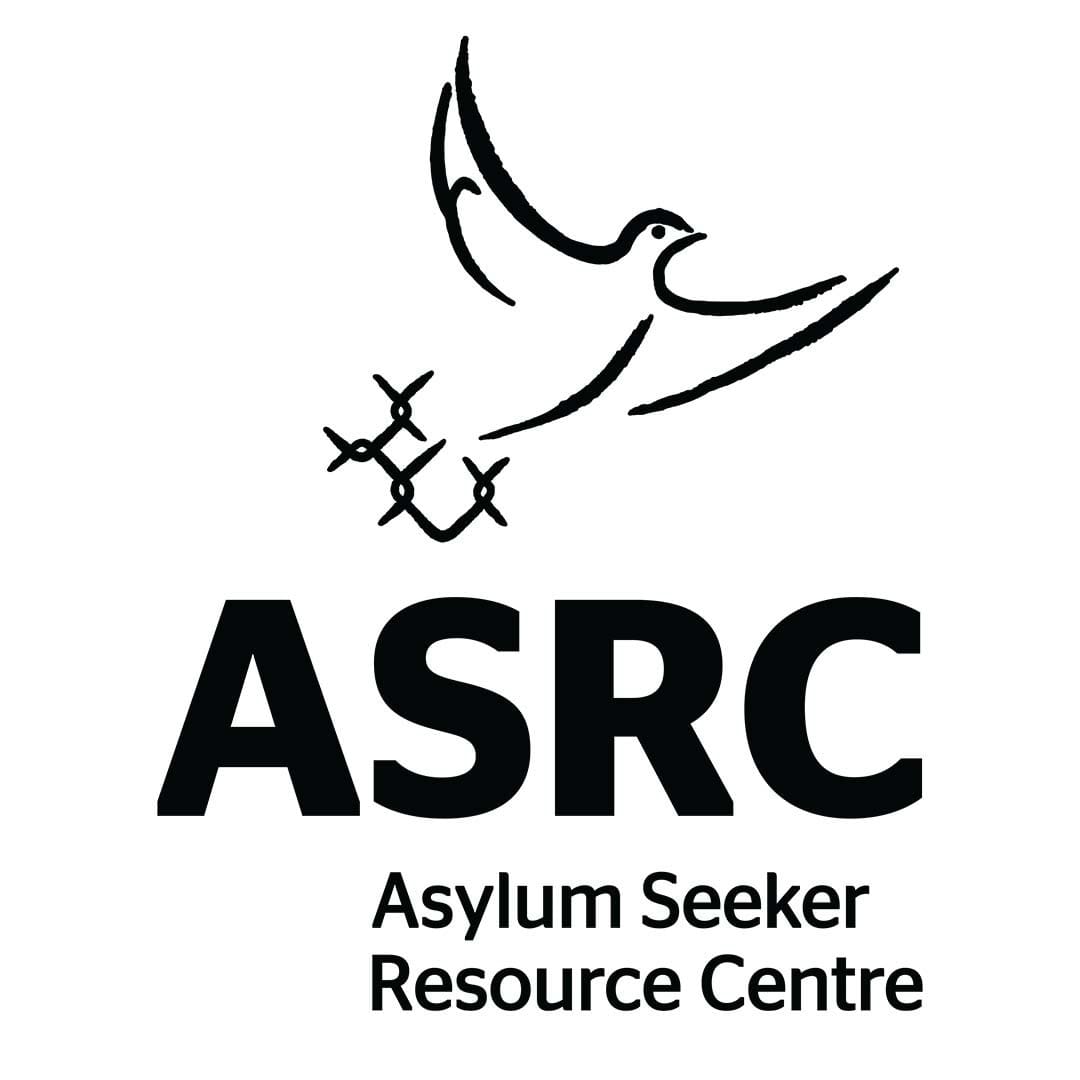Explainer: Know your rights when talking to Australian Border Force
You might see Australian Border Force (ABF) around the western suburbs. Know your rights when talking to ABF!. ABF works to enforce migration laws. They are not police and they do not have police powers. When speaking with ABF, you can ask for an interpreter at any time. It is important you understand what is being said, and get advice from a lawyer as soon as you can.
If you are stopped in the street
-
ABF does not have the right to stop you for no reason.
-
ABF can only stop someone if they have a reasonable suspicion that the person does not have a visa. Racial or cultural background is not a good enough reason.
-
If they think you do not have a visa, ABF can ask for your name and proof of your visa or citizenship. You do not have to answer, but if you refuse there is a risk you could be taken to immigration detention.
-
You can ask to provide evidence a later time – you may not have your identification, passport or visa with you right away.
-
You do not have to answer any other questions from ABF that is not a request for evidence about your identity or your visa status. You can walk away.
If ABF comes to your work
-
If ABF comes to your workplace, usually they are looking for people who don’t have permission to work on their visa. Sometimes ABF might come with together with police if they are investigating a criminal offence.
-
Usually, ABF needs a warrant to enter your workplace. They might have a warrant and not tell you about it.
-
If they don’t have a warrant, ABF can enter your workplace if someone agrees to let them in. An ABF officer must show their identity card when asking for permission to come in.
-
You are allowed to say no if ABF asks permission to enter your workplace.
-
ABF officers are allowed to use force to enter and search a workplace (for example by breaking a door). But they are not allowed to use force against people, unless they are taking someone to immigration detention.
If you detained by ABF
If ABF believes you are not an Australian citizen and do not have any visa, or believe your visa may be cancelled, they may take you to immigration detention. Call a lawyer straight away. ABF must let you contact a lawyer.
If you get letters or emails
If you get a letter or email from ABF or the Department of Home Affairs, it is always a good idea to get legal advice as soon as you can.
Where to get free legal advice
WestJustice (03) 9749 7720 www.westjustice.org.au
Asylum Seeker Resource Centre (03) 9274 9889 – Monday, Tuesday, Thursday and Friday between 10am – 12.30pm. If you are in detention email legal@asrc.org.au or visit asrc.org.au/get-help/legal-help
Download a PDF version of this webpage here.




Explainer: NSW’s proposed laws on hate crimes and places of worship
If passed, new laws in NSW would have wide-ranging implications for the right to peaceful assembly and may lead to the criminalisation of conduct which does not impact on the rights of people to practice their religion and be protected from racial or religious hatred.
Read more
Explainer: Making Queensland Safer Act 2024
The Queensland Crisafulli Government’s latest legislation, the Making Queensland Safer Act 2024 (Act), substantially changes how children are treated by Queensland’s police, courts and prisons, including by making prison sentences significantly longer. The Queensland Government concedes that the changes are ‘more punitive than necessary to achieve community safety’ and ‘in direct conflict with international law standards’. ¹
Read more
Explainer: Migration Amendment (Removal and Other Measures) Bill 2024
A legal explainer of the Migration Amendment (Removal and Other Measures) Bill 2024 , with a brief analysis of its operation. The Bill permits the Minister to direct certain people to take steps to facilitate their removal from Australia. It also prohibits nationals from certain countries from making a valid application for any visa to come to Australia.
Read more


